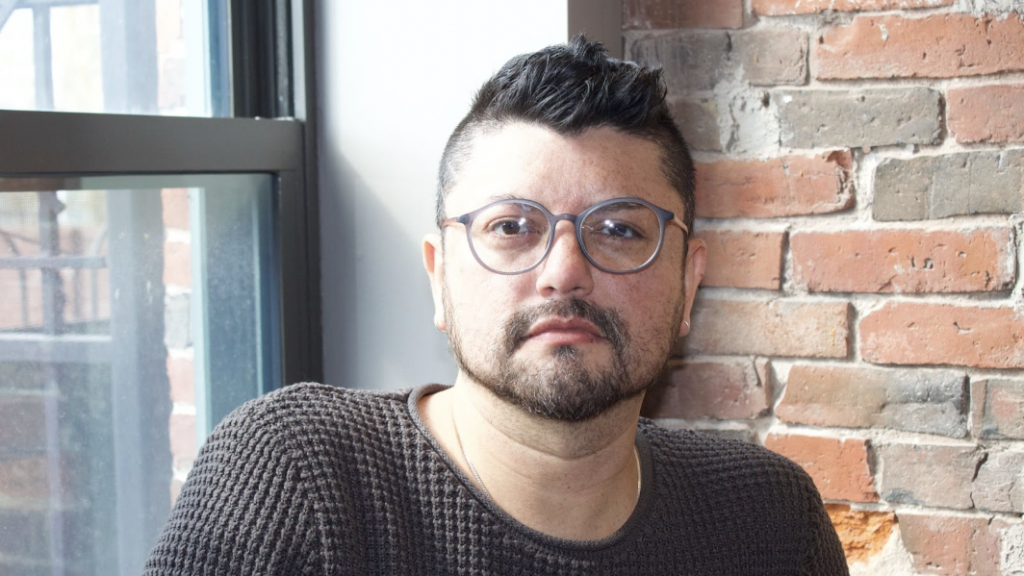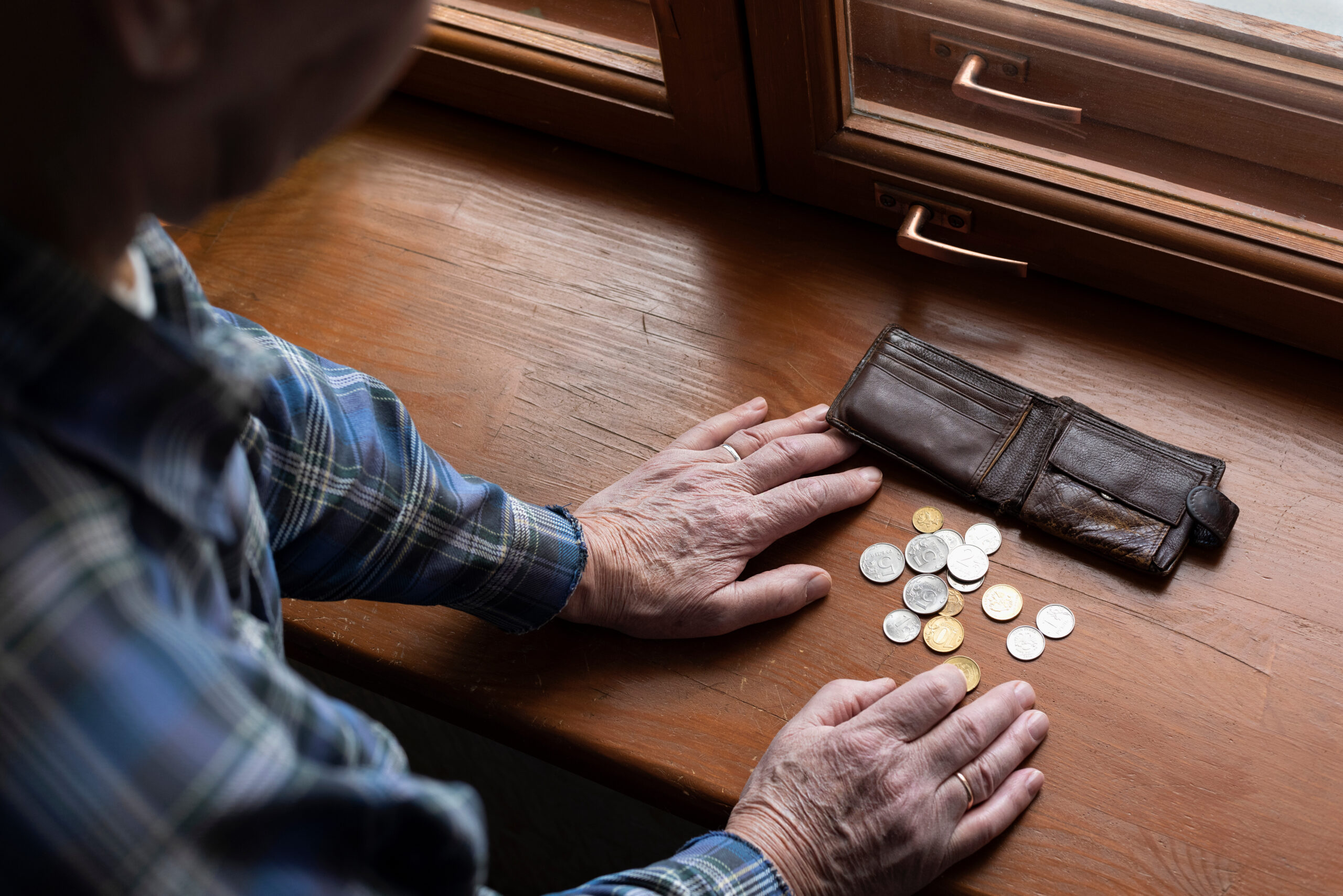When all distractions fade away, the soothing flow of Brazilian Zouk dancing takes hold of José Cuadra.
Tilting his head and turning to the music, he begins to feel as though he’s in flight. “It’s very flowy, and yet it’s very complicated,” he explained.
Cuadra shared that Zouk embodies the mission that he imparts as a gay immigrant leader in Boston’s dance community.
He teaches the dance style as an instructor and director at Urbanity Dance, a nonprofit arts organization in the South End.
Derived from Lambada, known as the “forbidden dance” in Brazil, Zouk opens up a new world of acceptance and exploration to his students. He tries to capture this self-awareness and authenticity in his classes and performances.
Urbanity Director and Founder Betsi Graves said she is grateful that Cuadra is part of their community.
“It is clear that he cares deeply about dance as an art form and the Boston dance community,” Graves said.
But embracing this sense of peace and community was not always easy for Cuadra.
Many styles of dance can be strict with rules and traditions. For Cuadra, Zouk was fresh and new. “I felt like I was early enough in it so I could make changes about it,” he said.
Cuadra, 44, was born in Managua, Nicaragua, and immigrated to Massachusetts as a child. He worked in Boston for 20 years as a green card holder, which became an issue last May when he lost his job after 15 years. He said he’d lost the card and had applied for a replacement. But as his application was being processed, he said his employer fired him. “It felt like an excuse to push me out,” Cuadra said.
As immigration officials looked into the situation, Cuadra said he experienced a newfound freedom to pursue his passion for dance.
Cuadra has adopted many roles at Urbanity. He is a director, chief of staff, and member of Urbanity’s residency program.
But Cuadra said that as a gay man, he has also faced discrimination in dance—particularly in Latin dance where participants tend to prefer more traditional dancing roles.
He said he was ridiculed and stopped from dancing with other men or experimenting with changing up traditional leader-follower roles. Cuadra was not dissuaded from ending his dance career. Instead, he embraced it. His goal was to enact change from the inside.
“Something in me told me not to give up,’’ he shared. “I teach now because of this so people don’t have to experience [what I experienced].”
Despite his early troubles, Cuadra found pockets of peace in Boston. An eye-opening instance for him was at a social event in Cambridge when he first discovered Zouk. He recalled loving the openness of the dance.
With Zouk, “I can relax and enjoy a dance without having these extra things attacking me or making me feel uncomfortable,” he explained.
Finding acceptance in dance gave Cuadra the drive to teach Zouk. “Because I was exposed to that feeling of being at my own peace with dance… I was like I need to see how I can help others to experience this more,” he said. “Something in me told me not to give up.”
Cuadra gained more exposure in and around the city, distinguishing himself as an instructor of Zouk and a gay man. He has co-hosted a Facebook group called Zouk On The Docks, for the past six years. This nonprofit group has gained much of its traction by word of mouth.
He dances now with “a higher purpose,’’ even on tough days. “I know the struggles I’m going through,” he said, noting that if he hangs on, “change will happen” soon for the better.
This story was published as part of a collaboration with Boston University’s School of Journalism in the College of Communication. The student journalist is a member of a Reporting in Depth class taught by former Boston Globe reporter Meghan Irons.




